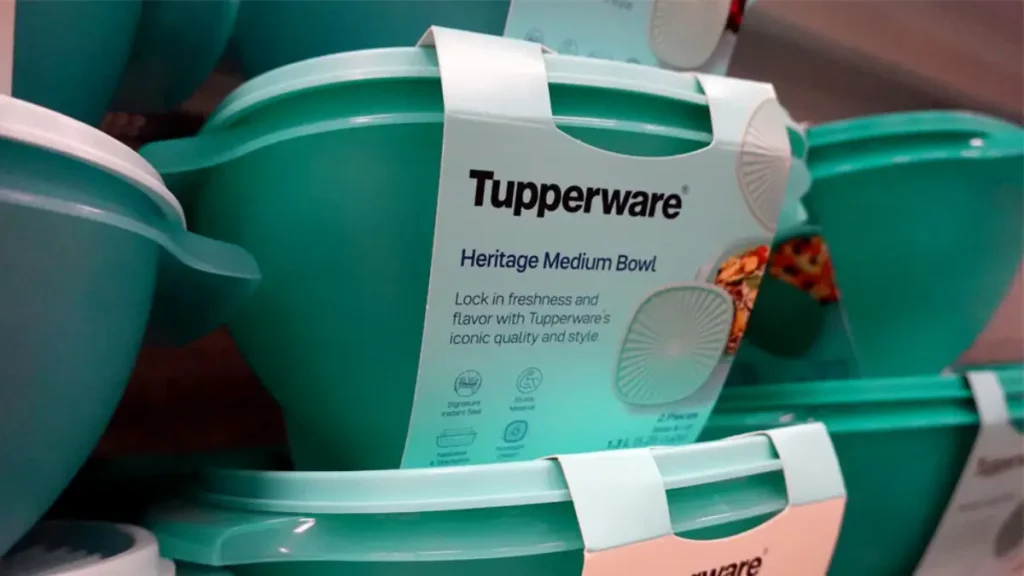Lessons from Tupperware’s Decline: What South African Entrepreneurs Must Avoid

Lessons from Tupperware’s Decline: What South African Entrepreneurs Must Avoid. Tupperware, the iconic brand that once revolutionized food storage, has become a cautionary tale of how even the most beloved companies can falter if they fail to adapt to changing times. For many South Africans, Tupperware was more than just a brand; it symbolized a community where women networked, socialized, and sold products. However, recent financial struggles and declining relevance have left the brand on the brink of collapse. What went wrong, and what can South African entrepreneurs learn from this once-mighty empire?
Failure to Adapt to Modern Retail Trends
Tupperware’s decline can largely be attributed to its outdated business model. The brand relied heavily on its direct-sales approach, which thrived in the mid-20th century but lost its appeal in today’s digital-first economy. While competitors moved to e-commerce and big-box retail partnerships, Tupperware stuck to its party-based sales method for too long.
South African Insight: Many local brands still cling to traditional models, such as physical-only sales or word-of-mouth marketing. Entrepreneurs should embrace digital transformation by investing in online stores, social media marketing, and omnichannel strategies.

Overlooking Emerging Competitors
Tupperware faced stiff competition from newer, cheaper alternatives. As supermarkets and online platforms began offering affordable storage solutions, the brand struggled to justify its premium prices.
South African Insight: Entrepreneurs must continuously monitor market trends and competitors. Regularly updating product offerings and pricing strategies is essential to staying relevant. Ignoring emerging competitors can erode market share before you even realize it.
Neglecting Brand Modernization
While Tupperware enjoyed a nostalgic appeal, it failed to modernize its brand to resonate with younger generations. The brand’s products, marketing, and messaging didn’t evolve to match contemporary tastes and values, such as sustainability and minimalism.
South African Insight: Local entrepreneurs should ensure their brands reflect current consumer values. Whether it’s adopting eco-friendly practices or connecting with younger audiences through relatable marketing, staying culturally relevant is vital.
Inconsistent Customer Engagement
In its heyday, Tupperware built strong customer loyalty through personal interactions at its sales parties. However, as these gatherings dwindled, the company failed to replicate that level of engagement online or through other channels.
South African Insight: Building and maintaining customer relationships should be a priority for local businesses. Utilize tools like social media, email marketing, and personalized customer service to keep your audience engaged and loyal.

Over-Reliance on Legacy Success
Tupperware rested on its laurels, relying on its reputation and history to carry it forward. It underestimated the importance of innovation and adapting to changing consumer behaviors.
South African Insight: Entrepreneurs should never assume that past success guarantees future stability. Continual innovation, market research, and staying ahead of trends are essential for long-term growth. Even established brands need to evolve to stay competitive.
The story of Tupperware is both a cautionary tale and an opportunity for reflection. For South Africans, the brand represents fond memories, but its decline serves as a stark reminder of the dangers of complacency in business. By embracing innovation, staying connected with customers, and continuously evolving, local entrepreneurs can avoid similar pitfalls and build resilient, future-proof businesses.




